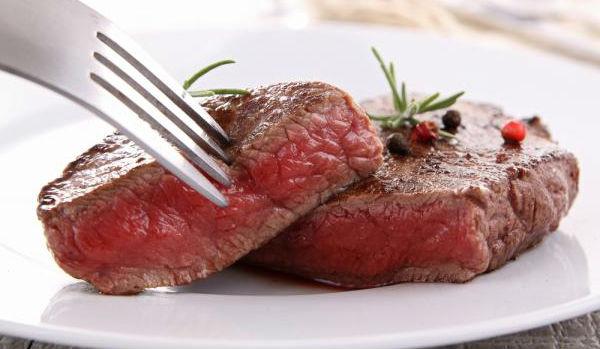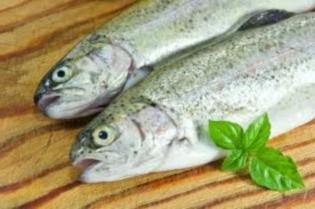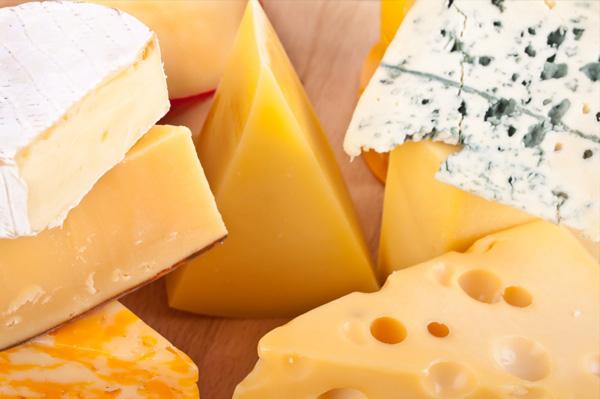Carbohydrates are necessary and irreplaceable
These organic substances are composed of carbon and water. The biological role of carbohydrates is important for plants and living organisms on Earth. They are not only an integral part of the cells and tissues of living things, but also the main supplier of glucose - raw materials for the production of vital energy. The dry mass of any plant is 70-80% carbohydrates, in the mass of animals they contain about 3%. The body is able to store these nutrients for the future in the form of a glycogen polysaccharide that accumulates in the cells of the muscles of the body and in the liver. Carbohydrates can be simple (fast) and complex (slow). The former differ from the latter in that they quickly break down in the digestive organs and are able to quickly increase the concentration of sugar in the blood.

There is no health without carbohydrate metabolism
Human food consists mainly of products where carbohydrates are most often represented by polysaccharides. Carbohydrate metabolism is a complex biochemical process that begins in the digestive system with the breakdown of polysaccharides to glucose (monosaccharide) and its entry into the blood through the walls of the intestinal tract. From there, it is absorbed by the cells of various organs. When interacting with hormones, primarily with insulin (a product of the pancreas), complex energy substances are formed. In the liver and muscles, glycogen is produced from the glucose received - a complex substance stored by the body for emergency cases in the form of stress, hunger, and high expenditures of physical strength. In order to maintain normal sugar levels, glycogen in life-threatening moments will be broken down to glucose, and it will again enter the bloodstream in sufficient volume. If the body does not have free glucose or glycogen stores, the proteins and fats that make up muscle and other tissues will begin to break down to provide energy, and this process can be fatal.

The consequences of blood sugar imbalance
Excess glucose in the blood (hyperglycemia) is harmful to humans. This symptom is characteristic of a disease with a "sweet" name - "diabetes." It is associated with impaired insulin metabolism. If the latter is not produced by the pancreas, then insulin-dependent diabetes occurs. If this substance is not enough to meet the needs of the body, or the cells do not recognize it, and the hormone is not used in further biochemical processes at the cellular level, then diabetes is called non-insulin-dependent. With this disease, there is a violation of the chemical balance of the blood, characterized by sharp surges in glycemia (sugar concentration in the blood). The exit of this indicator beyond the normal in one direction or another is dangerous with a coma - an unconscious dying state. First, dehydration occurs , then a drop in blood pressure, numbness, cramps and loss of consciousness.
Features of a Diabetic Diet
His diet, in addition to medicines prescribed by a doctor, is one of the main conditions for preventing complications of this disease and saving lives. A feature of the diet is the exclusion of fast carbohydrates from the diet. Eating fractional: in small portions, while it is necessary to calculate the calories of the food received. With normal weight for every kilogram of body weight, the calorie intake per day should not exceed 20 kilocalories.
Major Carbohydrate Suppliers
It is important to know the details about the composition of the products, how many fats, carbohydrates, proteins they contain. This is necessary for the proper preparation of the diet of a patient with diabetes. The main sources of carbohydrates are sugar, all kinds of sweets made using sugar, bread, pasta and cereals, fruits (fresh, dry, frozen), vegetables (most of all - potatoes).

Carbohydrate-Free Products
Are there carbohydrate-free foods? Of course, there are not so many, and you can list. First, carbohydrate-free foods are meat. These are lamb and offal from it (kidneys, heart, liver), beef and veal, beef brains, liver, heart, udder, kidneys, lungs and tongue. In addition, there are no sugars in pork (fatty and nonfat), as well as pork tongue and sub-products, horse meat, rabbit, goose and duck meat. Secondly, carbohydrate-free products - sausages and canned meat (stew) without the addition of smoked soy, ham, brisket and loin. Fats such as lamb or beef, lard, and vegetable oil do not contain a carbohydrate component. It is not in hard and processed cheeses, in feta cheese. Seafood and fish are carbohydrate-free products, with the exception of gobies and seaweed. Fish roe is also a carbohydrate-free product.
About a low-carb diet
Now those who crave to lose weight are attracted to low-carb and even non-carbohydrate diets. Such diets threaten health with a violation, even in an established carbohydrate metabolism. And this, as explained at the beginning of the article, threatens with dire consequences. When deciding to try such diets on your body, be sure to consult a doctor. Remember that of the two evils, a reasonable person will choose the lesser.